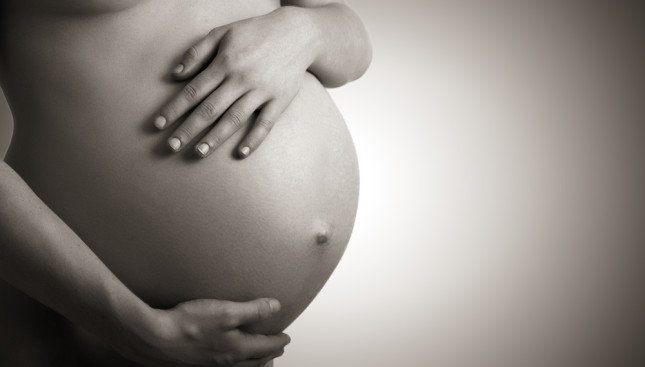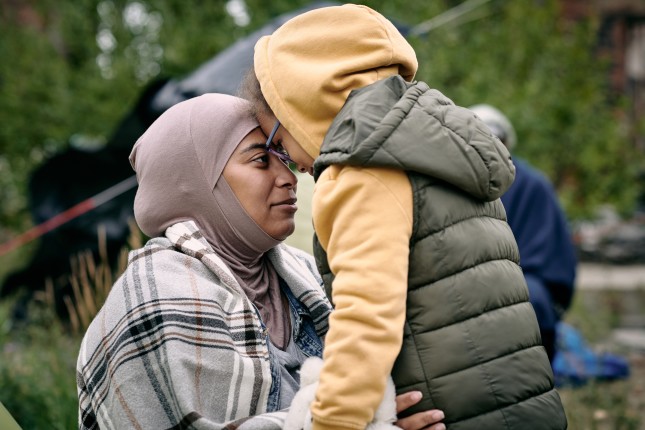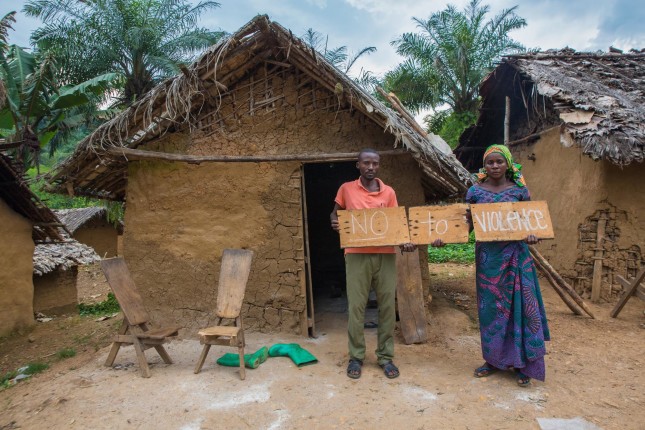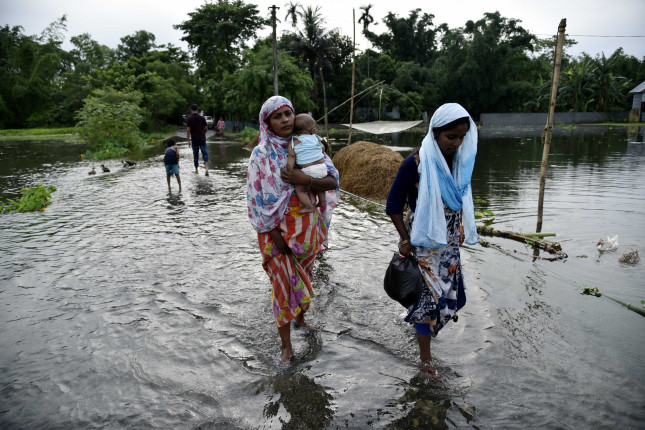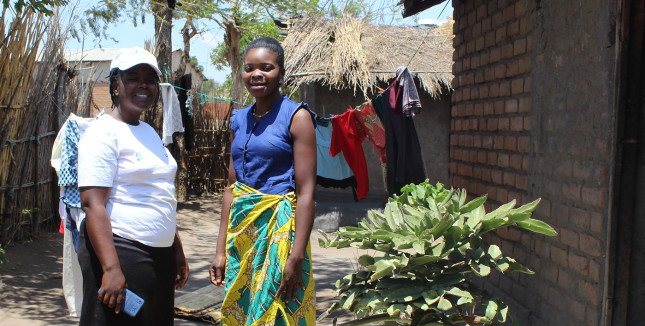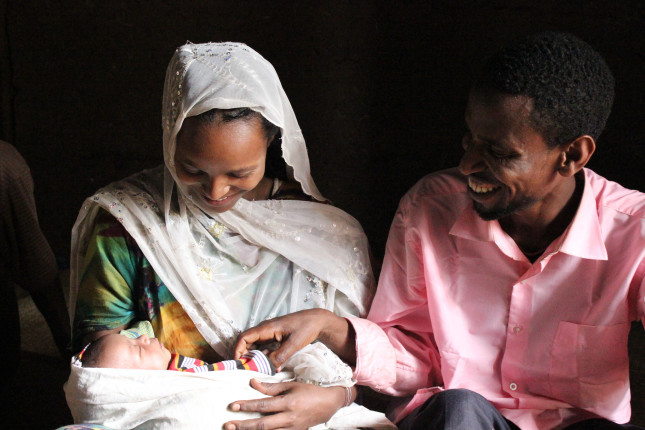-
New Global Health & Gender Policy Brief: Migrant Care Workers and Their Families
›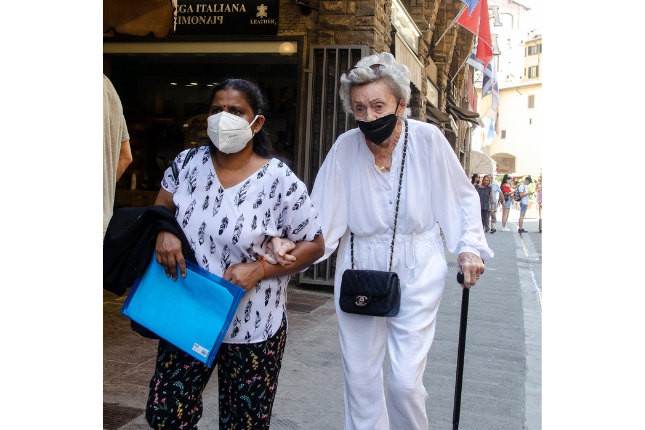
Migrant care work is a key component of the ongoing global care crisis. The global care economy is critical to overall economic growth, and also affects gender, racial, and class and caste equity and empowerment. Caregiving is also the fastest-growing economic sector in the world—projected to add 150 million jobs by 2030. Global societal changes, like low birth rates, demographic aging, and an increase in female labor force participation, are basic drivers of the continued growth of this sector. But because in many cultures care work is considered “instinctive” for women—a type of work not requiring skill—it has remained virtually invisible, unpaid or underpaid and unregulated. It is also often stigmatized, especially when relegated to already marginalized and underrepresented populations.
-
Maternal Health and The Pandemic: It’s Not Good News
›
COVID-19 has dealt out a double dose of woe for global maternal health. According to a new report from the Government Accountability Office (GAO), the pandemic saw an increase in maternal deaths and an exacerbation of racial disparities driving this overall morbidity. In addition, childbearing people experienced significant anxiety and depression.
-
Pandemic Learning: Migrant Care Workers and Their Families Are Essential in a Post-COVID-19 World (New Report)
›
“The COVID-19 pandemic has brought into the open two things that much of the world has always assumed but not fully acknowledged: women do the vast majority of caregiving, and caregiving is grossly undervalued. Caregiving is also the fastest-growing economic sector in the world—projected to add 150 million jobs by 2030. Global societal changes, like low birth rates, demographic aging, and an increase in female labor force participation, are basic drivers of the continued growth of this sector. But because in many cultures care work is considered “instinctive” for women—a type of work not requiring skill—it has remained virtually invisible, unpaid or underpaid and unregulated. It is also often stigmatized, especially when relegated to already marginalized and underrepresented populations.” – Pandemic Learning: Migrant Care Workers and Their Families Are Essential in a Post-COVID-19 World
-
Global Population Growth is an Opportunity to Invest in People
›
Just in the last minute, 169 more people were born on planet Earth, and everyday more than a quarter of a million are added to that total. John Milewski, Moderator of Wilson Center NOW, laid out these astonishing facts at the beginning of a Wilson Center NOW conversation on the implications of global population growth with Wilson Center Fellow Jennifer Sciubba on November 14— the eve of the historic day when the number of people on the planet officially surpassed 8 billion.
-
Gender-Based Violence Continues to Impede Progress Towards Gender Equality
›
“COVID-19 and the backlash against women’s sexual and reproductive health and rights are further diminishing the outlook for gender equality,” states a recent report on the current progress toward gender equality across all 17 Sustainable Development Goals (SDGs) from the United Nations Entity for Gender Equality and the Empowerment of Women (UN Women) and the Department of Economic and Social Affairs. Yet the new report also zeroes in on another factor that is diminish progress on gender equality: violence. The authors observe that “violence against women remains high, global health, climate and humanitarian crises have further increased risks of violence, especially for the most vulnerable women and girls, and women feel more unsafe than they did before the pandemic.”
-
An Inextricable Link: Maternal and Newborn Health and Climate Change
›
“The effects of climate change can begin in the womb,” said Sarah Barnes, the Project Director of the Maternal Health Initiative at the Wilson Center at a recent event on the impact of climate change on maternal and newborn health outcomes, hosted by the Wilson Center and UNFPA. It is a connection that “[makes] it imperative that climate change and maternal and newborn health leaders work together to tackle climate change and improve maternal and newborn health outcomes, globally.”
-
Meeting Family Planning Supply Chain Challenges in Sub-Saharan Africa
›
Last April, Eless Limani set out on a long and costly bicycle ride to the Mponela Health Center to get a new supply of birth control pills, her usual contraceptive. The 32-year-old mother was not ready to have a second child.
-
The Crisis of Perinatal Mental Health Requires Collaborative Solutions
›
While a great deal of focus on risks to women’s health just before and after giving birth centers on physical wellbeing, Rebecca Levine, Senior Maternal Health Advisor with the U.S. Agency for International Development (USAID), observed that we may be missing a key part of the picture.
Showing posts from category Dot-Mom.


